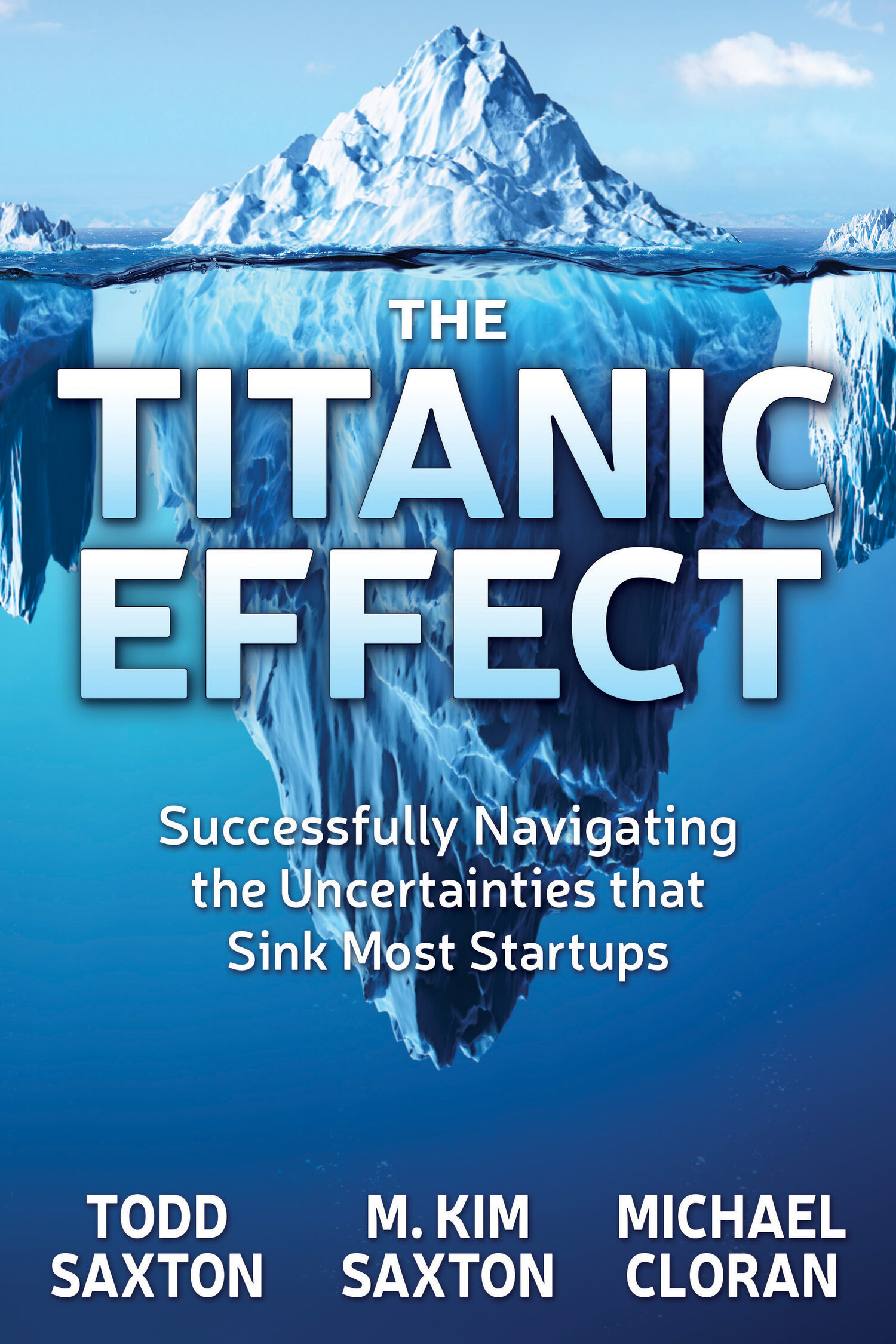In our last blogpost, we discussed the biggest debtbergs in the Pre-Revenue stage. This blogpost is focused on the MVP stage. As a reminder, at this stage a startup has begun building its management team, is developing an MVP (Minimally Viable Product), and is engaging with customers for proof of concept. But, it probably is self-funded or has friends and family for financial support.
Now, the biggest debtbergs to avoid have changed from the Pre-Revenue stage:
Human– As the product idea is taking shape, it’s important to start to establish a group of advisors or an advisory board to help sort through options and approaches. To avoid the Inappropriate Investor/Advisor Roles debtberg, look for a diverse mix of advisors who add functional expertise, industry knowledge, startup experience, and relationships with new customers and/or investors. Building an advisory board, even an informal one, of people exactly like you will bring little new or different in terms of experience or relationships. It will create obligations that outweigh the value they bring.
Marketing- In study after study, the number-one reason that startups fail is that they do not offer something new that better meets customers’ needs. A startup has a much easier time if it solves a problem that people already know they have. Doing this allows it to avoid the Customer Value Void debtberg. Startups can’t solve just any problem. They need to solve a problem that customers care about, want to fix, and are willing to pay to fix.
Technical– It seems obvious in the early stages to get input and reactions from potential customers. Most startups will do some sort of customer feedback or user experience testing. Part of this process should include asking customers to sign up to buy or provide a letter of intent to buy. Getting customers to confirm their feedback by committing dollars helps avoid the False Hope debtberg. Sometimes you get completely different feedback once dollars are involved.
Strategy- When one area of the startup receives most or all of the attention, the startup will resolve some uncertainty. But, it will increase uncertainty in another dimension. Avoid theUnbalanced Effort debtberg by making each of the Oceans the primary focus for a period of time. Focus on product. Next, focus on marketing. Then, focus on human issues to resolve uncertainty across all domains.
The goal at the MVP stage is to keep sailing, avoid too much hidden debt, and get to market with a product you can sell. This will take experimentation and may require “pivoting” based on feedback. Hopefully, now you will recognize the debt you incur when this happens.
The book itself goes into more detail about these debtbergs and how to avoid them. So, grab your copy at Amazon, Barnes & Noble or your favorite bookstore.


